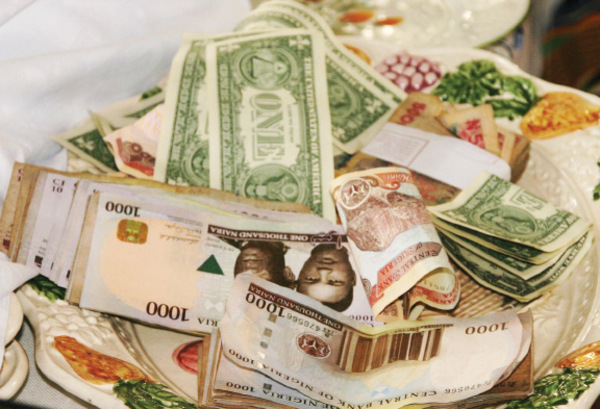REVEALED: How Terrorists Use POS Operators, Fintech Platforms, NGOs To Move Funds
Posted by Samuel on Tue 29th Nov, 2022 - tori.ng 
Findings by the federal government have shown that some terrorists now use fintech platforms, point of sale (POS) operators and non-governmental organizations (NGOs) to move funds.
The findings were revealed in a 2022 National Inherent Risk Assessment of Terrorism Financing in Nigeria.
Nigeria has been battling terrorism, especially in the north-east for 13 years.
The report had identified areas of terrorist funding through abuse of formal financial sectors, and it is feared that this could be an indication of the growing sophistication of the some of the terrorist group’s financing capabilities.
The report also showed that terrorism funding has been conducted using bureau de change (BDCs), wire transfer and designated financial businesses and professions (DNFBPs).
“The findings of this report indicate that TF in Nigeria is generally associated with the use of cash,” the report read.
“This notwithstanding, field information flowing from law enforcement investigation as well as financial data have revealed constant interactions between the use of cash by terrorist actors and financial institutions, Bureau de Change, fintech firms and Designated Non-Financial Businesses and Professions.
‘’The inherent vulnerabilities of each sector were assessed by the extent to which products and services offered are found in domestic investigations or STRs in relation to TF. Current accounts products associated with Bureau De Change and NPOs/NGOs corporate customers have been observed to be connected with TF activities.
‘’The use of bank accounts in the movement of TF funds has featured prominently in both intelligence and investigations related to TF.
“Financial data have also shown that the illegal currency exchangers comingle transactions in their personal accounts as well as entity accounts held and controlled by them with that of their BDC activities.’’
The government said a larger percentage of transactions linked to terrorist financing were initially carried out in cash which were sourced from both legitimate and illegitimate activities.
According to the report, however, cash collected is usually placed into the financial system directly through bank deposits and indirectly through POS transactions and transactions with DNFBPs.
The investigation also showed that about 19 companies have been linked to terrorism financing in the last three years.
‘’Illegal money exchangers have been featured in several TF investigations,” the report further read.
“Within a three-year period beginning from 2019, about 19 companies linked to these illegal money exchangers have used their companies to comingle funds considered to be linked to TF.
‘’Illegal money exchangers are not under any form of regulations and as such, they implement any preventive measures. The activities of the illegal money exchangers provide a channel for moving illegally obtained funds for TF.’’
The government said keeping the country’s financial system from becoming an enabler of terrorist financing continues to be its priority.
The government added that its response to terrorism threats posed by Boko Haram and other terrorist groups is that of whole-of-government approach, to include effective coordination between and among supervisory, law enforcement, and the private sector, as well as with foreign partners.
In 2021, the government had said it would arraign 400 suspects arrested for funding Boko Haram insurgents and bandits.



















































